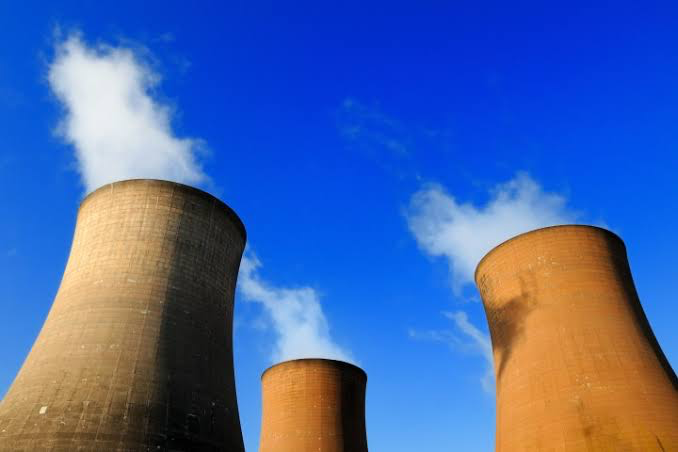376
Russia is intensifying its nuclear power outreach in Africa, triggering a flurry of discussions over the geopolitical implications of its expanding influence. With a focus on nuclear technology, Russia aims to carve out a significant role in Africa’s energy landscape, raising questions about the region’s energy security and geopolitical dynamics.
A key component of Russia’s nuclear strategy in Africa is the construction of the El Dabaa nuclear power plant in Egypt. Spearheaded by Russia’s state-owned nuclear corporation Rosatom, the project represents a landmark endeavor, marking Russia’s foray into North Africa’s nuclear energy sector.
Beyond Egypt, Russia has been actively engaging with other African nations to foster nuclear cooperation. Agreements with countries like Nigeria, Sudan, and Rwanda encompass a spectrum of nuclear initiatives, from power plant construction to capacity building and technology transfer.
Russia’s nuclear overtures in Africa are driven by a combination of economic interests and geopolitical objectives. As global demand for clean energy rises, nuclear power presents lucrative export opportunities for Russia’s advanced nuclear industry. Moreover, by bolstering its presence in Africa’s energy sector, Russia seeks to bolster its geopolitical clout on the continent.
However, Russia’s nuclear ambitions in Africa have sparked concerns among critics and observers. Issues such as safety, environmental impact, and nuclear proliferation have been raised, prompting calls for careful consideration of the risks associated with nuclear energy.
Despite the apprehensions, Russia remains steadfast in its pursuit of nuclear cooperation in Africa. Through strategic partnerships and investment, Russia aims to position itself as a key player in Africa’s energy transition, offering nuclear solutions to address the continent’s growing energy needs.
As Africa navigates its energy future, the debate over Russia’s nuclear involvement underscores the complex interplay between energy security, geopolitics, and sustainable development. While nuclear power presents opportunities for clean energy generation, it also poses challenges that demand careful consideration and risk management.
In the midst of these discussions, there is hope for constructive dialogue and collaboration to ensure that Africa’s energy aspirations are met in a manner that promotes both sustainability and security. With careful planning and international cooperation, Africa can harness the benefits of nuclear energy while addressing the associated challenges, paving the way for a brighter energy future on the continent.
Source: Oil Price
A key component of Russia’s nuclear strategy in Africa is the construction of the El Dabaa nuclear power plant in Egypt. Spearheaded by Russia’s state-owned nuclear corporation Rosatom, the project represents a landmark endeavor, marking Russia’s foray into North Africa’s nuclear energy sector.
Beyond Egypt, Russia has been actively engaging with other African nations to foster nuclear cooperation. Agreements with countries like Nigeria, Sudan, and Rwanda encompass a spectrum of nuclear initiatives, from power plant construction to capacity building and technology transfer.
Russia’s nuclear overtures in Africa are driven by a combination of economic interests and geopolitical objectives. As global demand for clean energy rises, nuclear power presents lucrative export opportunities for Russia’s advanced nuclear industry. Moreover, by bolstering its presence in Africa’s energy sector, Russia seeks to bolster its geopolitical clout on the continent.
However, Russia’s nuclear ambitions in Africa have sparked concerns among critics and observers. Issues such as safety, environmental impact, and nuclear proliferation have been raised, prompting calls for careful consideration of the risks associated with nuclear energy.
Despite the apprehensions, Russia remains steadfast in its pursuit of nuclear cooperation in Africa. Through strategic partnerships and investment, Russia aims to position itself as a key player in Africa’s energy transition, offering nuclear solutions to address the continent’s growing energy needs.
As Africa navigates its energy future, the debate over Russia’s nuclear involvement underscores the complex interplay between energy security, geopolitics, and sustainable development. While nuclear power presents opportunities for clean energy generation, it also poses challenges that demand careful consideration and risk management.
In the midst of these discussions, there is hope for constructive dialogue and collaboration to ensure that Africa’s energy aspirations are met in a manner that promotes both sustainability and security. With careful planning and international cooperation, Africa can harness the benefits of nuclear energy while addressing the associated challenges, paving the way for a brighter energy future on the continent.
Source: Oil Price



